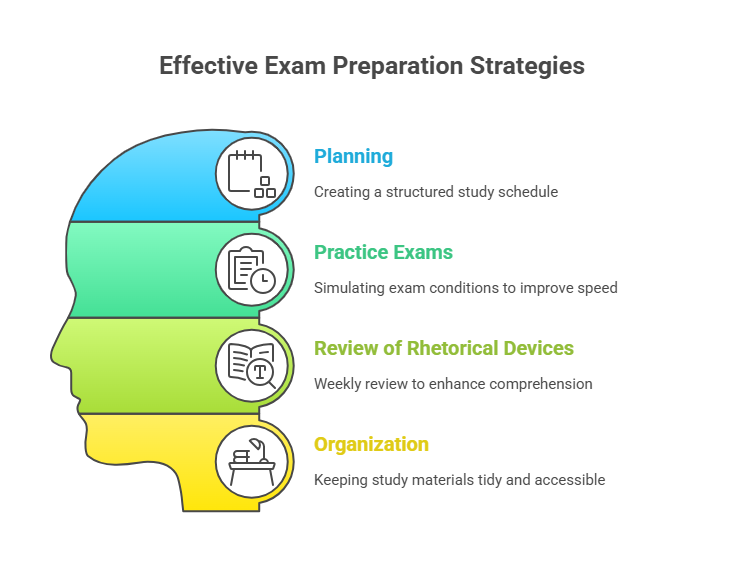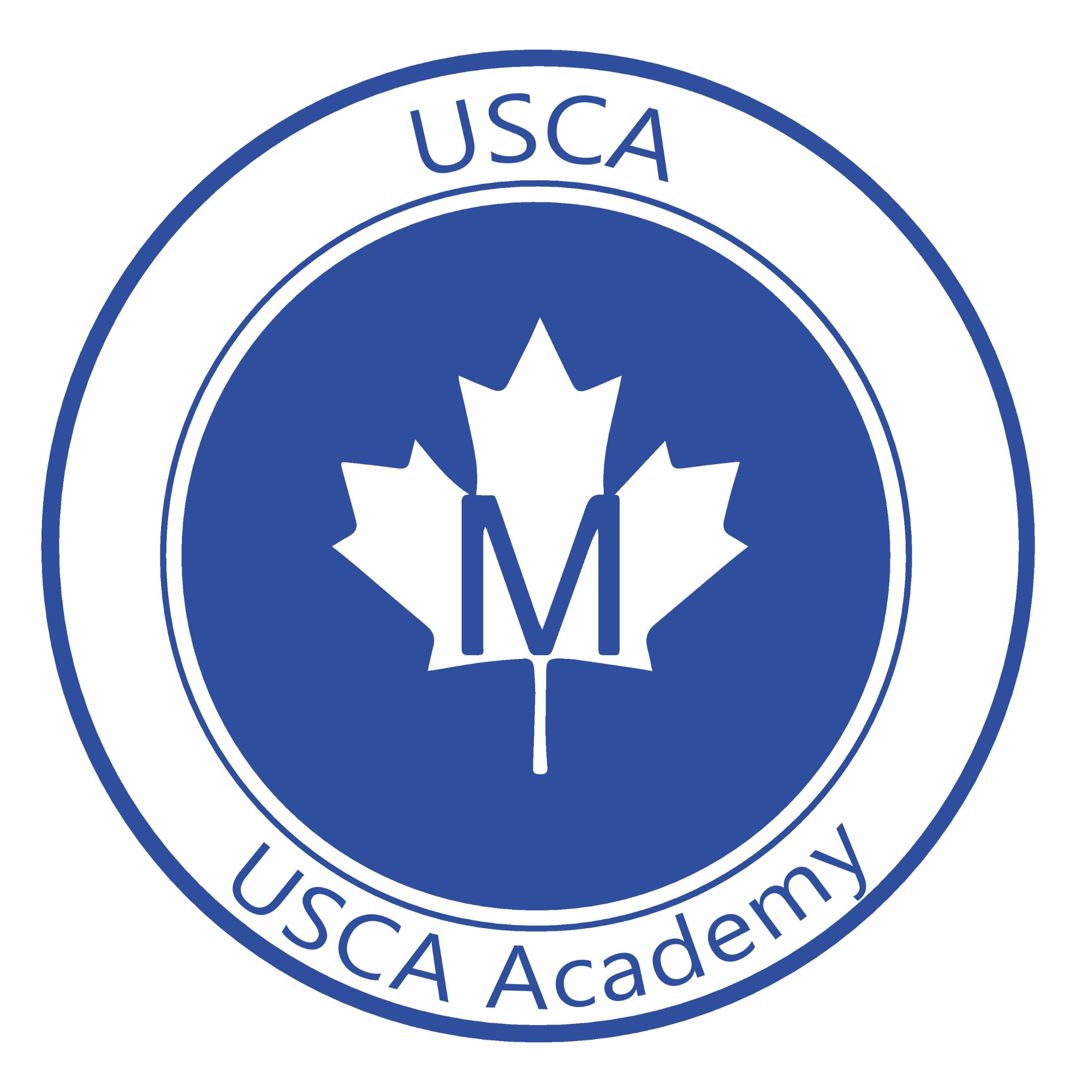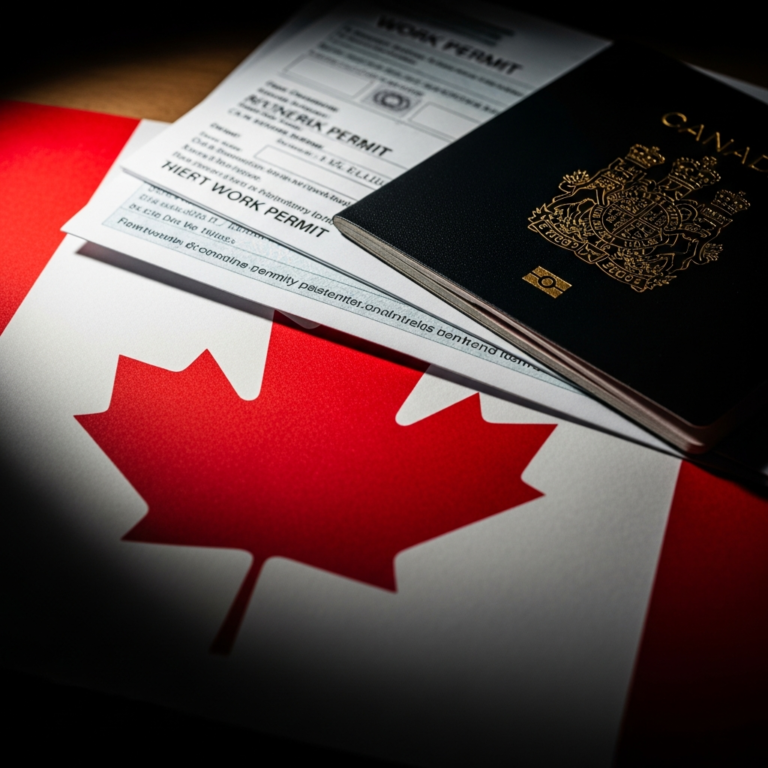Key Highlights About ENG4U Final Exam
- Get to know how the ENG4U exam is set up. There is Part A, which has a reading text, and Part B, where you need to write a mini-essay.
- Work on making good thesis statements. Try practice in writing strong body paragraphs when you look at literature.
- Learn how to use your time well during the exam. This will help you finish all of it on time.
- Practice reading of Shakespeare. Also try to add more imagery from the text to your answers.
- Use practice materials and read sample emails to help with your prep.
- Build up your way of thinking. This can help you answer Part B and the mini-essay in your own smart and new way.
Introduction
The ENG4U final exam may feel tough at first. But if you get ready, you will feel better about it. This test is for English. You will need to write thesis statements. You will read hard paragraphs, explain text, and read parts from books. You have to read writers like Shakespeare. You must also write good body paragraphs. The work you do before the test is not only for now. It helps you later, too.
Try to work through the usual problems. Learn to read different texts well. Do practice questions for the exam. Doing these things lets your best English skills show on the final exam. Now, you may wonder how to get ready. Let’s find out how to do that.
Key Strategies for ENG4U Final Exam Success
When you get set to take the ENG4U final exam, you will see it has two big parts. Part A looks at how well you read sight passages. Most of the time, these come from nonfiction. You need to spot how words be used and know the rules of writing. Part B is all about your essay writing. Here, you will need to make a good thesis, and your body paragraphs must be clear. Both parts are important to do well on the final exam.
To do well on the final exam, it is good to read all your main texts again. This includes those Shakespeare plays. You should also go over your course notes. Be sure to read them closely. It helps if you practice how to use your time at the exam. Try to learn about the types of questions that may be on the final exam. If you do these things, you will be ready to give your best.
Understanding the Exam Format and Expectations
Knowing what you will find on the ENG4U exam can help you feel ready and confident. The exam has two main parts: Part A and part b. In Part A, you read a text. This text is usually nonfiction. It can be something like an article, an editorial, or a personal essay. You need to spot and explain the different rhetorical devices used in this text.
Part B will ask you to pick between two short essay questions. These questions will be about the main text from your course. This text might be one of Shakespeare’s plays or Frankenstein. You will choose one question. Then, you write a full analysis for your answer.
| Exam Part | Content Focus | Evaluation Areas |
| Part A (Sight Passage) | Nonfiction texts and rhetorical device analysis | Knowledge and Application |
| Part B (Mini-Essay) | Literature analysis based on major course texts | Thinking and Communication |
It is good to know how to write paragraphs that read well and have a clear thesis. You also need to read the text closely and look at it carefully. If you start to work on these skills now, you will be ready for both parts of the exam.
Effective Study Techniques for Literature Analysis
Good literature analysis starts when you really try to learn. Read plays by Shakespeare, like Hamlet. Look for the main ideas in the story. Notice the use of symbolism. See how imagery is used. This can make the story feel real and help it come to life.
- Bring all your course notes and ideas into one place. Try to notice how thoughts and literary ideas fit with each other.
- Practice making strong thesis statements. Work on building clear and easy body paragraphs in your writing. Make sure your paragraphs are simple for people to read.
- When you read texts, mark any important rhetorical tools or different writing you see in the Part A sight passages. This will help you think about them later.
- Take part in group talks or brainstorming with others. It is a good way to get more ideas about what you read and see how other people think, too.
If you follow these steps every time, you will get better at looking at texts. This will also help you write good body paragraphs. To do the best literature analysis, you must pay close attention and be alert. Getting ready before your exam makes both of these things easier.
Time Management Tips for Exam Preparation

Good time management is important if you want to do well on the ENG4U exam. When you practice and plan ahead, you can feel more in control. This helps you be ready for each part of the test. Being prepared in this way can help you feel less worried and do your best when you start the exam.
- Make a clear plan. Set some time for each task in your study. You can spend time working on your thesis, building your paragraphs, and reading some books or stories.
- Do practice exams and set a timer. This helps you know what the right speed is for the real test.
- Go over rhetorical devices every week. This will help you get through Part A sight passage questions faster.
- Keep your study things tidy. Have all practice emails, notes, and other resources ready. This way, you will not get stuck looking for them.
When you break your work into small parts, it is easier to handle. You do not feel a lot of stress in this way. Exam time can feel short, so using these ways to manage your time before the big day can help you feel more calm. This will also help you feel ready. Stay on top of your work and follow your plan!
Conclusion
To sum up, you need to plan well to get ready for the final exam in ENG4U. It is important to know what kind of test you will have. Use smart study tips and make good use of your time. Get to know the types of questions that can come up. Keep looking at stories and books, as this will help you in the test. Use study tools and resources you have to practice and check your work.
If you do your best and use good study ways, you can get the result you want on your final exam. If you want more help, you can book a free meeting with our team. We can give you more advice to help you get set for your exam.
Frequently Asked Questions
1. What types of questions can I expect on the ENG4U final exam?
You will get two parts in the test. Part A has text to read that are not fiction. The questions in this part ask you to find details in the text. You also need to see how words are used by the writer. Part B is a section where you write a short essay. You have to choose one topic out of two. These topics are about big ideas that come up in the books you read, like themes seen in Shakespeare or in other main books from your class.
When you answer the questions, try to write using clear paragraphs. A good thesis will help show your main idea. This will make it easy for people to see your thoughts not just in part B but also in the rest of your essay.
2. How should I prepare for the sight passage section?
Keep building your skills each week by practicing with rhetorical devices and conventions. When you talk about a quote, show how it uses imagery or other techniques the writer uses to add meaning. If you practice with a timer, it will help you feel good during sight passages on tests. This way, your thesis and your answers will be stronger.
3. What are some tips for writing mini-essays in the exam?
Write short thesis statements with two sentences. The first sentence should show your view. The next sentence should use a set idea. When you build your body paragraphs, start each one with a clear topic sentence. Then tell your point by using something from the text. Next, use smooth words to go from one idea to the next. Learn how to write a mini-essay without using MLA marks. Use good English so your paragraphs and answers be clear, well-structured, and simple to read.
4. How can I improve my critical thinking skills for the exam?
Look at the big ideas and main themes when you read stories like Hamlet or Frankenstein. Try to find out what the people in the stories want and what the paragraphs are saying. Also, compare what different people think in the text. This can help with your analysis. You will get better at this if you practice each time you read or write new paragraphs.
5. Are there recommended resources for practice and review?
Take some time to read the content on DigitalTheatre+, like “The Prince of Denmark” and “In Defence of Character – Hamlet.” You should read all the course notes and your own notes as well. Be sure to look at Frye’s essay on Google Classroom. Remember to read any emails your teacher has sent you. The ideas your group shared on prep days can help you and other people. They may make things much easier to understand.









